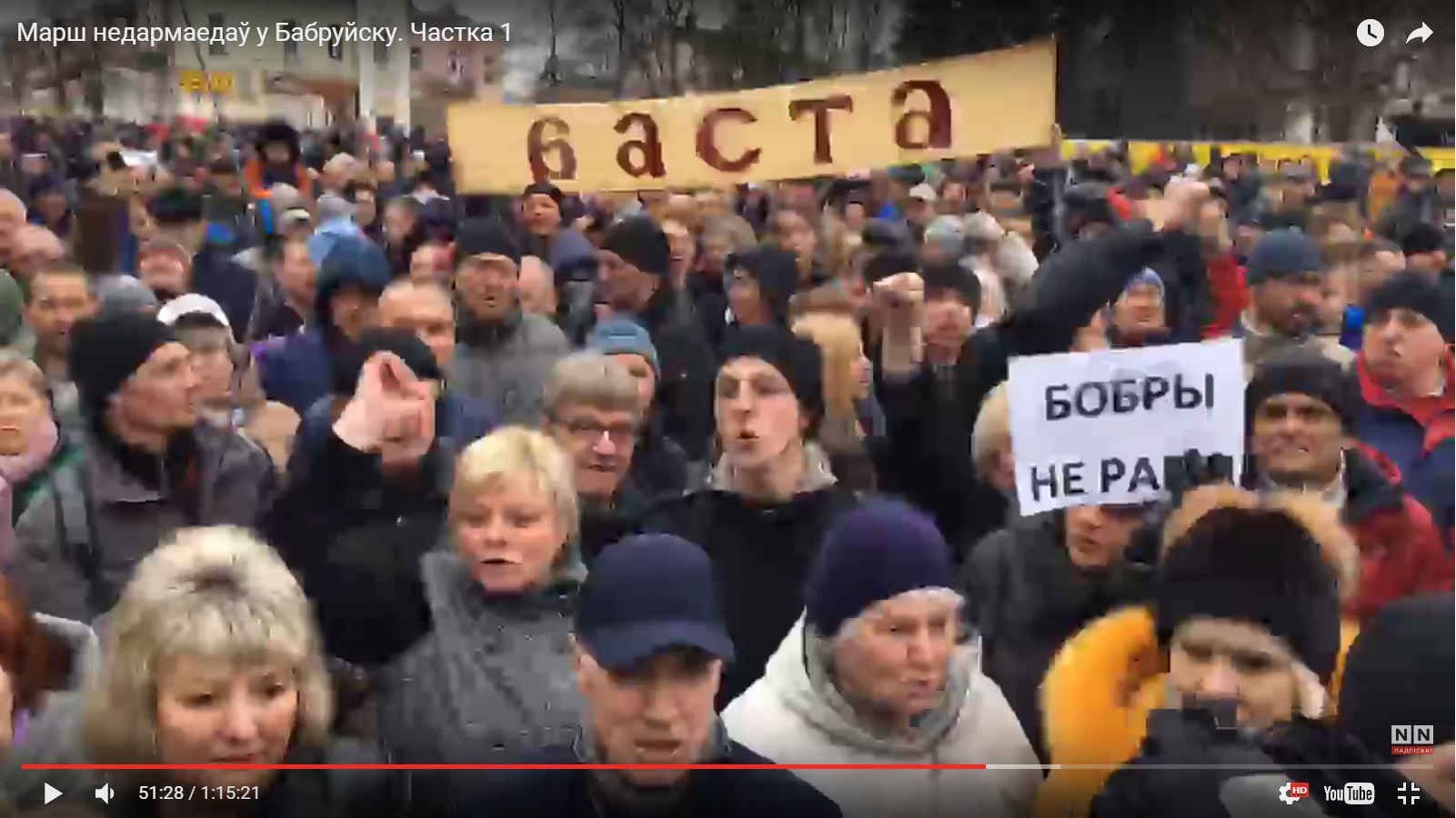In 2020, Europeans view Ukraine more positively than in 2015, although negative perceptions still prevail. Meanwhile, awareness of the war against Russia has dropped.
In order to understand popular attitudes towards Ukraine, the New Europe Center of Kyiv carried out an opinion poll in major European countries: Poland, Germany, Italy, and France. The survey revealed the most common perceptions associated with Ukraine. A similar exercise was carried out in 2015, allowing researchers to compare the results.
In the five years since the 2015 New Europe Center survey, Europeans have begun to associate Ukraine with Russia less frequently. The association of Ukraine with war has also become less important. Although war still tops the list of perceived associations overall, Europeans are regarding Ukraine in more optimistic terms and — even more importantly — as being independent of Russia.
Unexpectedly, immigrants and seasonal workers have taken on a commonplace association with Ukraine, reflecting the growing presence of Ukrainians and especially Ukrainian workers in the EU.
Sanctions: a key policy issue
With respect to key policy issues, the survey has established important new baselines according to the collective respondents: 55% support integration of Ukraine into the EU, 38% support membership of Ukraine in NATO, while only 28.5% reject the notion of Ukraine joining either the EU or NATO. As indicated below, the options “Extend sanctions against Russia” and “Offer EU membership” prevail among the priority actions to support Ukraine against Russian aggression.
At the same time, results differ significantly among the countries.

Polish respondents demonstrated the strongest support for Ukraine regarding policy -- 70% for Ukraine’s EU integration and 50% for NATO membership. In Italy, 62% supported Ukraine’s EU integration and 31% NATO membership. The statistics in France were 43% for the EU and 40% for NATO, while in Germany they were 47% and 31%, respectively.
Main associations with Ukraine
An interesting result is that Poles and Italians -- the countries most familiar with Ukrainians due to their high number of Ukrainian labor migrants -- had both the most negative (Poland) and the most positive (Italy) associations with Ukraine.
Among Poles, a negative view may reflect issues with neighbour relations between the two countries. Most frequently, they named economic problems and seasonal workers as the main association with Ukraine. As expected, historical conflicts between Poland and Ukraine were also identified. This, however, does not impede the results of Poles currently being the most politically active supporters of Ukraine.
Italian respondents stood out for their positive or neutral associations with Ukraine. Contrary to Germans, Poles, and the French, where negative associations strongly prevail, Italians most commonly associated Ukraine with trade and seasonal workers, matching them with friendly relations and tourism. Russia and Russian aggression were completely absent among answers of Italians, as were poverty or corruption.
For Germans, occupied Crimea was the second most important association with Ukraine after Russian aggression -- a result not typical of the other countries. France was the only country where Russia (without any specification) was mostly associated with Ukraine, followed by the conflict with Russia.
The table below summarizes the most consistent associations with Ukraine named by respondents of all countries:

In terms of famous individuals and political figures, Ukraine is mostly associated with Klitschko/Klitschko brothers – 1.6%; Putin – 1.4%; Bandera – 1.1%, and Lukashenka 0.5%. Following these individuals, 0.5% was gleaned by each of Tymoshenko, Yushchenko, Shevchenko, and Bubka. Interestingly, only nine respondents (less than 0.2%) associated Ukraine with sitting President Volodymyr Zelenskyy.
Russian narrative failed

Research also showed a significant decline in Ukraine being associated with war, from 49% (2015) to 12% (2020). Another key statistic showed Ukraine being associated with Russia at 9.1%. Two years ago the number stood at 18%. These trends indicate a marked improvement of Ukraine’s image in the surveyed countries.

Alyona Getmanchuk, Director of the New Europe Center and one of the survey research managers, considered the results very positive in their dynamic. Nonetheless, she believes there is still a lot of work to be done through public diplomacy so that the positive perception of the country outdoes the negative:
“The good news was that Russian propaganda stamps about the civil war in Ukraine did not work properly, despite the large-scale resources spent by Moscow on discrediting Ukraine in European countries... In my opinion, the results of the survey showed that Ukraine as a state is becoming more and more self-sufficient in the perception of Europeans. Even if it is still in a sense of independence rather than a distinct and unique identity. However, there is a lack of a clear and vivid story about Ukraine. And here the efforts of public diplomacy -- no matter how brilliant they may be -- must be based on real changes in the country itself.”
READ ABOUT THE 2015 POLL:
30% of Europeans think Ukraine should become part of EU to deter Russian aggression, new poll finds
Read also:
- The price of Russia’s war is too heavy for Ukraine to lift alone – report
- FSB tortures detainees in occupied Crimea as law enforcement goes Soviet-style, UN report confirms
- The Surkov Leaks: Major report on Russia’s hybrid war in Ukraine published at RUSI Institute
- Why post-Euromaidan anti-corruption reform in Ukraine is still a success
- Russia’s replacement of population in occupied Crimea violates Geneva Convention – UN report
- Leaked Kremlin emails show Minsk protocol designed as path to Ukraine’s capitulation – Euromaidan Press report
- Crimeans have tap water only six hours a day as all Russian attempts to hydrate occupied peninsula fail
- Who’s winning on the Ukraine-Russia historical narrative battlefield?
- Is Crimea now costing Russia more than it is worth?





